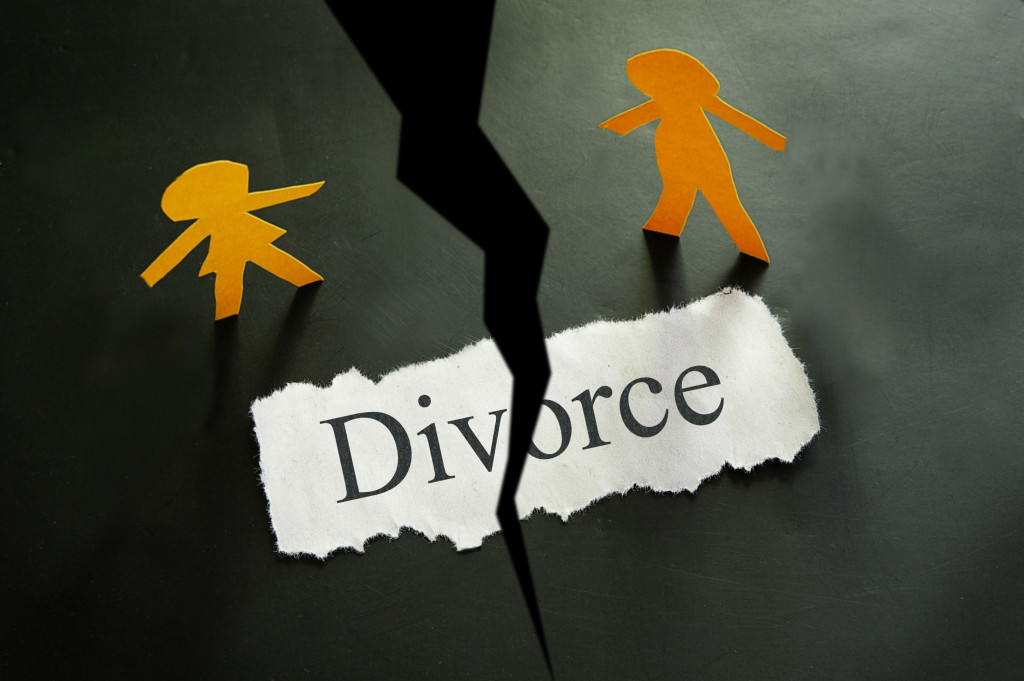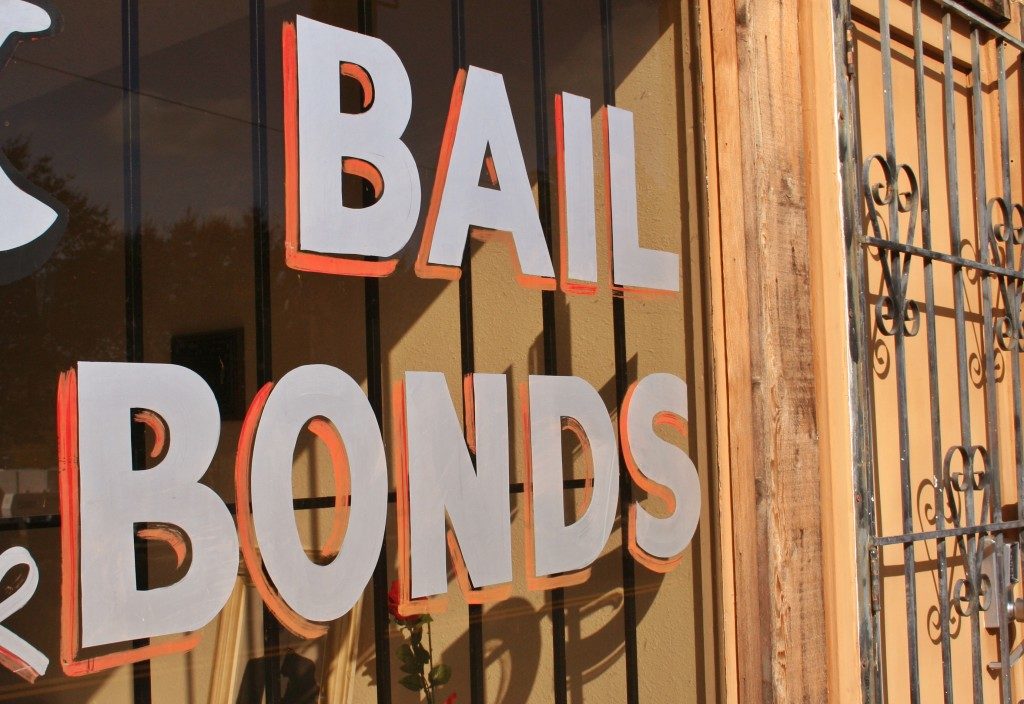Couples can have an uncontested divorce if both parties agree on all the essential divorce issues, including custody of the children, property distribution, and spousal and child support. The process begins with one party getting a divorce, similar to that of a contested divorce. The documentation for uncontested divorces tends to have simpler processes, with the filing of child custody and property details and a declaration of the reasons for the separation.
The court can grant the divorce if the other party agrees to it (in simpler terms, does not argue against it) or does not appear during court. They cannot grant an uncontested divorce if the partner disagrees and submits the requisite court files.
What Does an Uncontested Divorce Mean?
When both parties agree to every problem they have related to the separation and refuse to oppose the other, an uncontested divorce occurs. Every state has its own set of legal standards that couples must meet before continuing an uncontested divorce. Depending on where you live, you might want to seek the advice of divorce attorneys or check the website of your local courthouse.
Even if you have to complete particular conditions, an uncontested divorce is frequently significantly simpler than a contentious divorce since the parties can conclude their marital union without ongoing court appearances, legal posturing, and negotiations. As a result, an uncontested divorce typically results in lower legal bills and much less stress. For couples with young children, an uncontested divorce might help maintain a good connection between them.
It is, nevertheless, essential that divorcing partners collaborate to develop mutually acceptable solutions to each of their divorce problems. However challenging it may be to negotiate a settlement for financial and child custody concerns with your spouse, this is one method to terminate your marital union without a lengthy legal struggle.
Is an Uncontested Divorce Possible for Spouses with Children or Large Assets?
An uncontested divorce is often possible for couples with underaged children or large assets, provided they can agree on all the primary problems outlined above. Although small conflicts in an area or two may still allow partners to avoid contested divorce trials, they will still have to communicate with one another until they’ve achieved an all-encompassing settlement agreement. They can still have direct negotiations, given that they are good communicators. Couples who are unable to agree can seek assistance from a mediator. Moreover, they have the option of hiring a lawyer to help them resolve their disputes, but this would raise their expenditures.

Are Lawyers Needed in an Uncontested Divorce?
Most people can conduct their divorce without the assistance of a lawyer; however, those who have children or significant assets may choose to see a professional to review their documents before finalizing their divorce settlement agreement.
For couples with minimal assets to split, no underaged kids to provide for, and only having a short marriage, both parties can still file for a divorce without the assistance of a lawyer if their state provides a simple divorce process.
Several spouses hire a mediator to assist them in resolving estate and custody disputes. You might also have to spend on additional costs to hire an actuary (appraiser) for the valuation of retirement benefits, as well as an attorney to draft a court order for the division of those benefits. Depending on where you reside and the amount attorneys and actuaries cost, you can most likely get the job finished with an average budget of $5000 more or less if you plan on hiring professionals.
However, spouses in more complicated matters should act with precaution if they don’t want to hire lawyers since one or both may have to give up significant legal rights. To ensure that you didn’t make any mistakes or unwittingly gave up a legal right, you may want to employ a consulting lawyer to check your papers and prospective settlement agreement.
Benefits of Divorce Without a Legal Dispute
The most immediate benefit is the lower price. Compared to disputed divorces, uncontested divorces are usually less costly. The court filing costs are typically all that is needed to accomplish an uncontested divorce (often a hundred bucks and above). Couples can keep legal expenses at a minimum even if they hire lawyers in drafting papers or conducting limited discussions if they can agree to all of their divorce-related issues. Additionally, uncontested divorce has the benefit of avoiding judicial proceedings. Keeping disagreement to a minimum can help everybody involved get back on their feet more quickly.
Despite the advantages of an uncontested divorce, there are occasions when you and your soon-to-be former spouse cannot agree on critical issues. It’s important to remember that these arrangements don’t have to be reached only by the partners. The parties may be able to work out a compromise through mediation, which some courts mandate if they engage with divorce lawyers who have the experience and knowledge.



